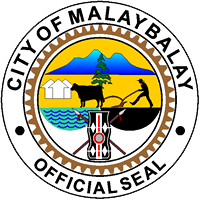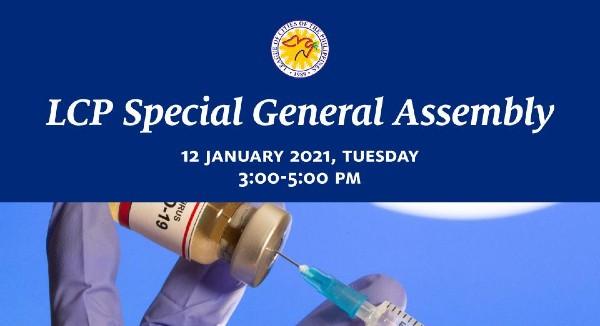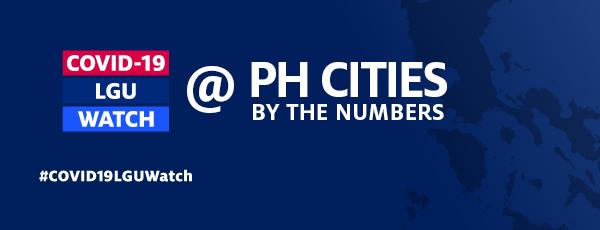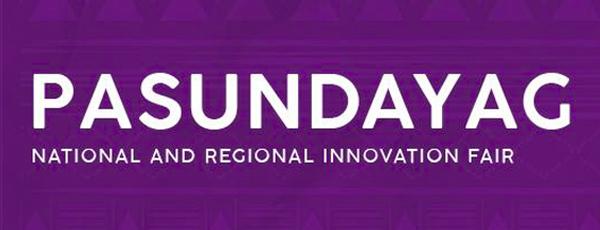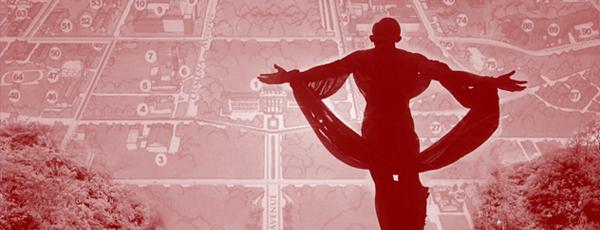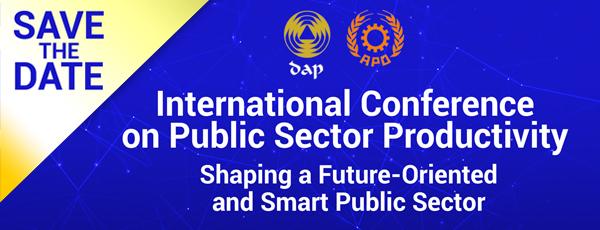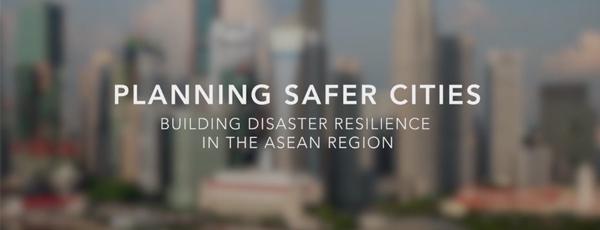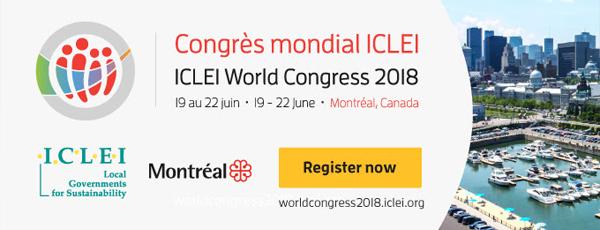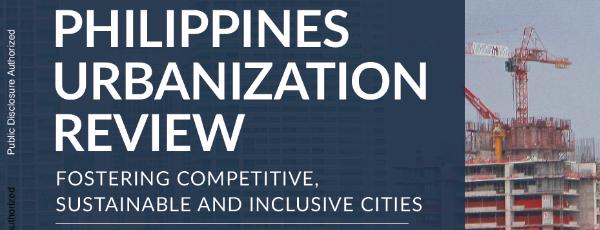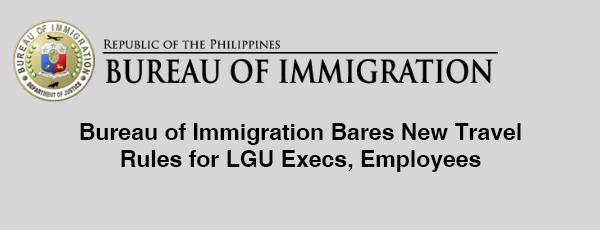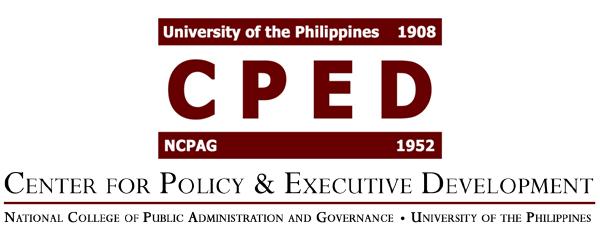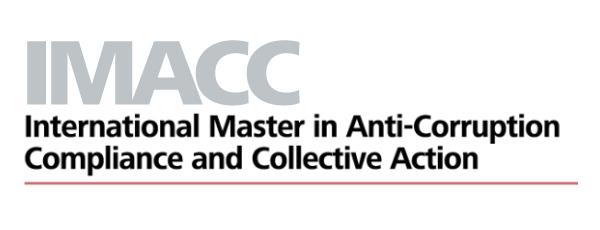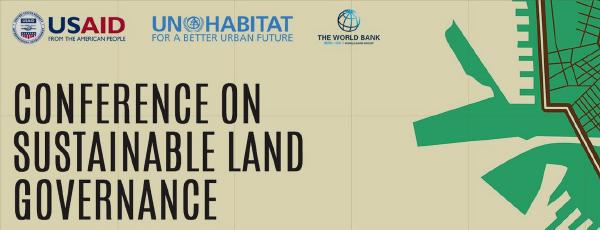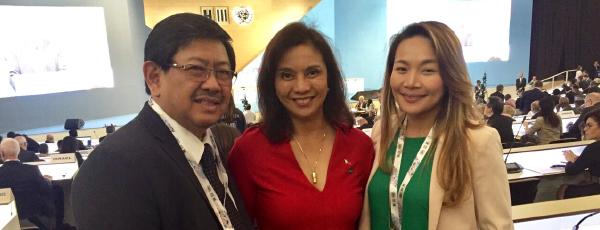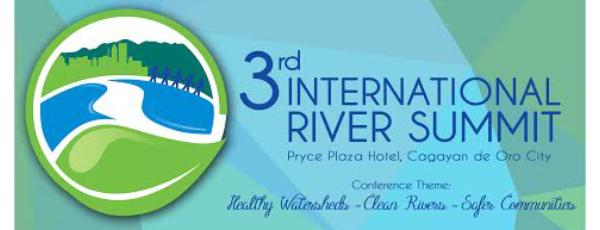


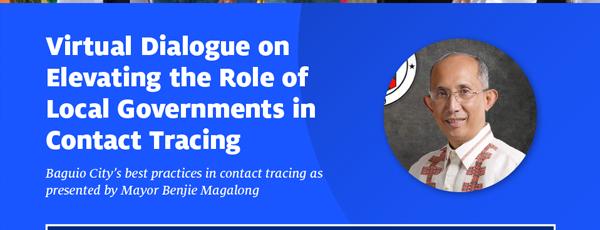
Contact Tracing Czar to LGUs: "Every Second Matters"
By LCP Secretariat
July 22, 2020 - Quezon City
Baguio Mayor Benjamin Magalong presented his city's acclaimed contact tracing program for COVID-19 cases before local chief executives in a much-awaited online dialogue organized by the League of Cities of the Philippines on 21 July 2020.
The virtual session called Elevating the Role of Local Governments in Contact Tracing was well attended by city and municipal mayors, provincial governors, and other relevant LGU officers from across the country.
The meeting was held following the clamor for local governments to ramp up their contact tracing efforts to contain transmission within their localities amid shifting COVID-19 trends.
URGENT ACTION
It will be recalled that Magalong was recently appointed to the National Task Force Against COVID-19 as the country's contact tracing czar due to Baguio LGU's effective strategies to swiftly identify and isolate confirmed cases.
While taking pride in his city's average benchmark of 37 identified contacts per positive case within the first 48 hours, the former CIDG chief lamented that only 2\\\% of LGUs in the country have sufficient contact tracing systems that can achieve this target.
The mayor urged local chief executives, particularly mayors, to begin expediting their contact tracing capabilities.
“There is no substitute to being proactive,” he said. “Kapag pinabayaan po natin ang isang infected patient, every second makaka-infect siya.”
LOW-RISK AREAS NOT SPARED
Magalong also made a case for intensifying contact tracing systems even in low-risk cities and cautioned mayors from such areas to start as early as possible even when cases are still low.
“Huwag niyo po kaming gayahin na medyo mataas na ho yung aming cases [at] saka palang namin bi-build up yung aming contact tracing capability,” he said. “Habang kokonti palang, start doing capacity building for your contact tracing team.”
He also advised mayors in areas with low incidents of COVID-19 to intensify testing efforts to determine the real COVID-19 situation in their localities.
According to the mayor, testing in these areas may be expanded to high-risk groups such as health workers, essential frontliners, uniformed personnel, and social workers.
BRIDGING THE GAP
Magalong likewise highlighted the importance of efficient contact tracing in informing the actual number of RT-PCR tests that need to be conducted per day.
Using COVID-19 data from a city in NCR, he noticed a huge discrepancy between the number of identified contacts that require testing and the actual number of tests that have been administered.
He stressed the need to be aggressive when it comes to case finding to ensure consistency in COVID-19 data and in local efforts to identify, isolate, trace, and test.
“We have to do something to be able to really enhance further our contact tracing capability,” he said. “Most of the local government units are doing a great job [in] doing their testing, building up their isolation facilities. Ang nakakalimutan lang po talaga nila is yung contact tracing.”
A SEAMLESS COLLABORATION
The mayor also underscored the importance of a seamless collaboration between law enforcement investigators and local health authorities—often perceived as mutually exclusive—in gathering data from suspected cases in the soonest possible time.
Magalong shared that the PNP is on board to help expand the contact tracing teams of LGUs in need as their investigators have been trained with cognitive interviewing skills to promote rapport with COVID-19 patients, especially those who are under stress or extreme anxiety.
This training equips police with the necessary skills to complete casework for COVID-19 thereby providing support to health workers throughout the process.
“[Patients who test positive for COVID-19] experience a general arousal syndrome where anxiety level is high and they become irrational,” he said.
“Suddenly, they create an attitude of animosity. Someone with cognitive interviewing skills can establish rapport with a patient and help them recall incidents that actually happened,” he added.
TRANSPARENCY IS KEY
Magalong also placed emphasis on his city's commitment to transparency, which includes a methodical approach in encouraging positive patients to disclose their status.
His contact tracing teams achieve this by carefully guiding patients in sharing their status on social media and requesting the latter to sign an affidavit of consent while mentioning that doing so will save more lives as it leads to more identified contacts.
“'Pag nag-disclose po [ang positive patient], almost 30\\\% po ng contact tracing na-accomplish po natin,” he said.
The mayor also dispelled the perceived backlash and discrimination against those who reveal their COVID-19 status on social media by sharing an encouraging experience in his city.
“Contrary to one's perception that there will be bashing, bullying, [or] discrimination, magugulat po kayo na out of 20 or 30 posts, lumalabas po na iisa lang ang magba-bash,” he said. “At every time po na may nag-bash o kaya nag-bully, talagang aatakihin po ng mga very sympathetic na netizens.”
NEXT STEPS
At the open forum moderated by LCP Representative for Region V and Iriga City Mayor Madelaine Alfelor, attending local chief executive raised important issues concerning the replication of Baguio City's contact tracing program in other local governments.
On the possible challenge of getting patients to disclose to personnel in uniform, Magalong shared that policemen who are deployed as contact tracers in his city are advised to wear civilian clothing to lessen the anxiety or hesitation from people.
Furthermore, he reminds all PNP members of the contact tracing teams to never lie about their identity when asked as it is critical to establish trust with the people.
When it comes to the resources needed to establish and implement contact tracing systems, the mayor shared that the software used by his LGU can be downloaded by other local governments for free, adding that the only major investment made by Baguio was the city's command operations center for contact tracing.
Relatedly, since national supply is limited, the mayor reminded LGUs to provide their own counterpart PPEs for policemen and other members of the contact tracing teams to ensure they are protected during the contact tracing process.
As part of his efforts to intensify the country's contact tracing program, Magalong urged LGUs to provide information in his contact tracing diagnostics database to identify gaps in their current system, as well as the necessary assistance that his contact tracing team can provide to interested local governments.
The mayor also graciously offered the services of his team to help install his contact tracing software and conduct targeted webinars to other LGUs.
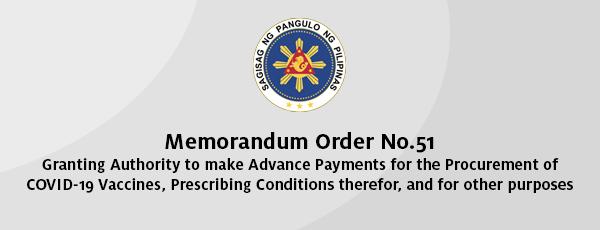 Granting Authority to make Advance Payments for the Procurement of COVID-19 Vaccines
Granting Authority to make Advance Payments for the Procurement of COVID-19 VaccinesFebruary 19, 2021
LOOK: Memorandum Order No. 51 signed by President Duterte granting the national government and local government units (LGUs) authority to make advance payments exceeding the 15\% limit for the procurement of COVID-19 vaccines.
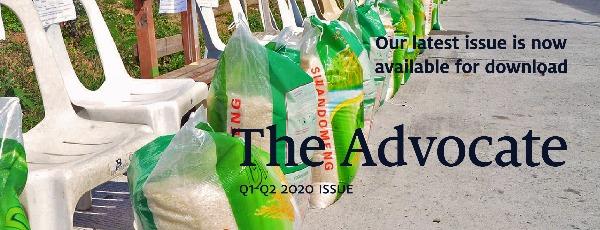 The Advocate
The AdvocateJanuary 15, 2021
The Q1-Q2 2020 issue of our official newsletter features the League's mid-year accomplishments including our response to COVID-19.
November 16, 2020
The unprecedented landfall of three (3) tropical storms in three weeks or from October 25 to November 11 in the country has greatly affected our cities from Luzon. Based on the available Situational Reports from the National Disaster Risk Reduction Management Council (NDRRMC), a total of 64 cities have been affected by Typhoon Quinta, Rolly, and Ulysses.
October 22, 2020
We invite you to an online consultation with Clean Air Asia on 27 October 2020 (Tuesday), from 2:30 to 6:15 p.m., to deepen the conversation on the importance of establishing and reorganizing transport authorities and executives.
 FEATURE CITY
FEATURE CITY


